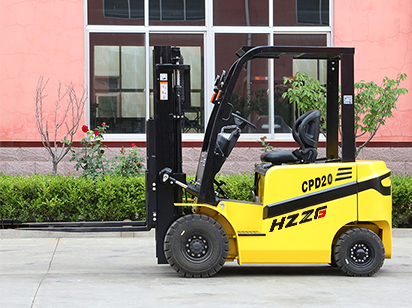One of the main advantages of diesel forklifts is their ability to save charging time. Unlike electric forklifts that require regular charging, diesel forklifts can be quickly refueled, eliminating the need for lengthy charging sessions. This not only saves time but also ensures uninterrupted workflow, making diesel forklifts ideal for demanding industrial environments.
Furthermore, diesel forklifts have a longer lifespan compared to electric forklifts. The robust diesel engines are built to withstand heavy-duty usage, making them highly durable and reliable. With proper maintenance and servicing, diesel forklifts can operate efficiently for many years, resulting in a higher return on investment.
Diesel forklifts are also capable of operating in harsh weather conditions and challenging environments. Unlike electric forklifts that may be affected by extreme temperatures or moisture, diesel forklifts are not limited by weather conditions. They can handle outdoor tasks with ease, including operations in rain, snow, or high humidity areas. This versatility makes diesel forklifts a preferred choice for industries such as construction, agriculture, and logistics.
When it comes to affordability, diesel forklifts have a clear advantage over electric forklifts. The initial purchase cost of diesel forklifts is generally lower, making them a more cost-effective option for businesses, especially for those with budget constraints. Additionally, the maintenance and repair costs of diesel forklifts are often lower than their electric counterparts due to the simpler design and fewer components.
Lastly, safety is a crucial aspect of any machinery, and diesel forklifts are no exception. Unlike electric forklifts that use batteries, diesel forklifts do not carry the risk of exploding or catching fire. This makes them a safer option, particularly in high-risk environments where flammable materials are present.
To sum up, diesel forklifts offer several benefits that make them a preferred choice for many industries.








